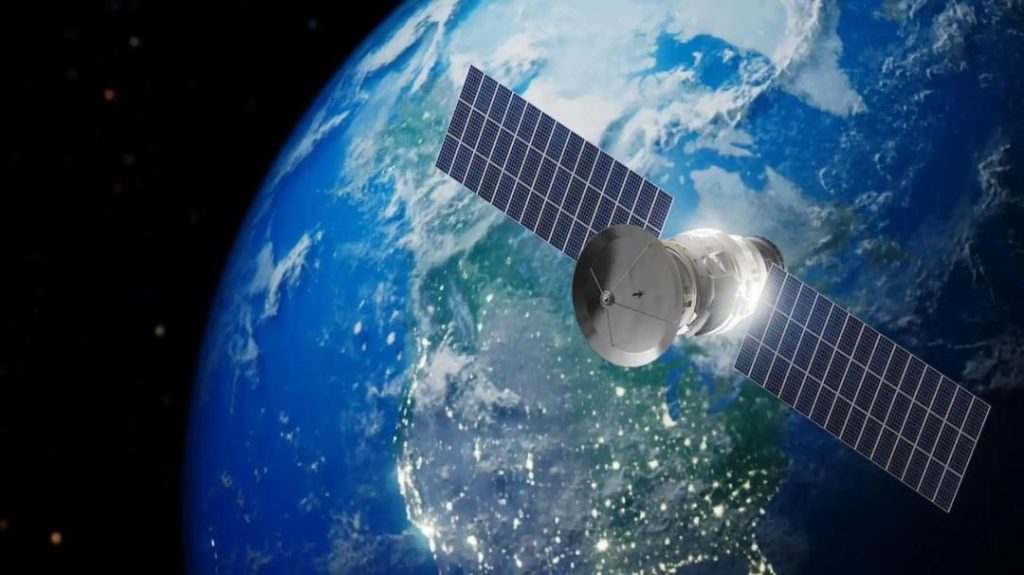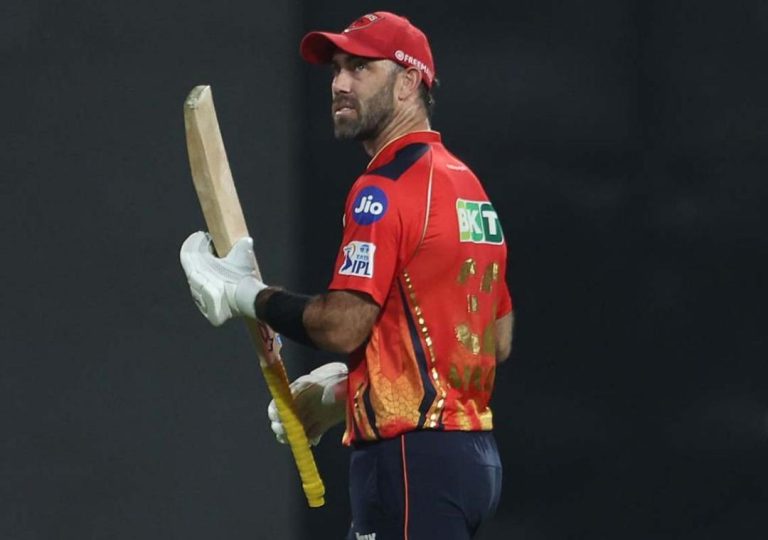
What are Space Pirates & How Can Satellites Be Secured from Them?
Space pirates, a term that might evoke images of swashbuckling adventurers on the high seas, is a relatively new concept in the realm of space exploration. In reality, space pirates refer to individuals or groups that attempt to attack man-made satellites, either virtually or physically, using various methods. With the increasing reliance on satellites for global communication, navigation, and other critical services, securing these satellites from pirate attacks is of utmost importance.
In recent years, the threat of space piracy has gained attention from governments, companies, and experts in the field. The term “space piracy” was coined by the European Space Agency (ESA) in 2019, highlighting the growing concern about the vulnerability of satellites to attacks. According to the ESA, space pirates can use a range of methods to disrupt satellite operations, including hacking, jamming, and physical attacks.
Methods of Space Piracy
Space pirates can employ various tactics to compromise satellite security. Some of the most common methods include:
- Hacking: Cyber attacks can be used to gain unauthorized access to satellite systems, allowing pirates to manipulate data, disrupt communication, or even steal sensitive information.
- Jamming: Pirates can use powerful transmitters to disrupt satellite signals, causing communication blackouts or rendering satellite navigation systems useless.
- Physical attacks: Pirates can attempt to destroy or damage satellites by launching physical attacks, such as laser blasts or kinetic strikes.
- Spoofing: Pirates can create fake satellite signals to deceive operators and steal resources or sensitive information.
Consequences of Space Piracy
The consequences of space piracy can be far-reaching and devastating. If left unchecked, satellite attacks can have significant impacts on various aspects of modern life, including:
- Communication disruptions: Satellite-based communication networks can be severely disrupted, leaving millions of people without access to essential services like phone, internet, or television.
- Navigation disruptions: Satellite navigation systems, such as GPS, can be compromised, affecting transportation, logistics, and emergency services.
- Economic losses: Space piracy can result in significant economic losses, particularly in industries that rely heavily on satellite-based services.
Securing Satellites from Space Pirates
To combat the growing threat of space piracy, countries and companies owning satellites must build multi-layered security systems incorporating ground-to-space operations. Some of the measures that can be taken to secure satellites include:
- Advanced encryption: Implementing robust encryption methods to protect data transmitted between satellites and ground stations.
- Secure communication protocols: Developing secure communication protocols to prevent unauthorized access to satellite systems.
- Regular software updates: Regularly updating software and firmware to prevent exploitation of vulnerabilities.
- Physical protection: Implementing physical protection measures, such as secure storage and transportation, to prevent satellite theft or tampering.
- International cooperation: Encouraging international cooperation and information sharing to combat space piracy.
Devising Methods of Quick Space Travel
According to experts, methods of quick space travel must be devised to ensure rapid response to physical acts of piracy. This includes developing faster and more reliable spacecraft, as well as establishing a network of satellite-based sensors and early warning systems to detect and respond to threats.
Conclusion
Space piracy is a growing concern in the world of satellite operations. As the reliance on satellites continues to increase, securing these vital assets from pirate attacks becomes a top priority. By implementing multi-layered security systems, regular software updates, and international cooperation, we can mitigate the threat of space piracy and ensure the continued operation of satellites. As the stakes continue to rise, it is essential that we remain vigilant and proactive in our efforts to protect our satellite-based infrastructure.






